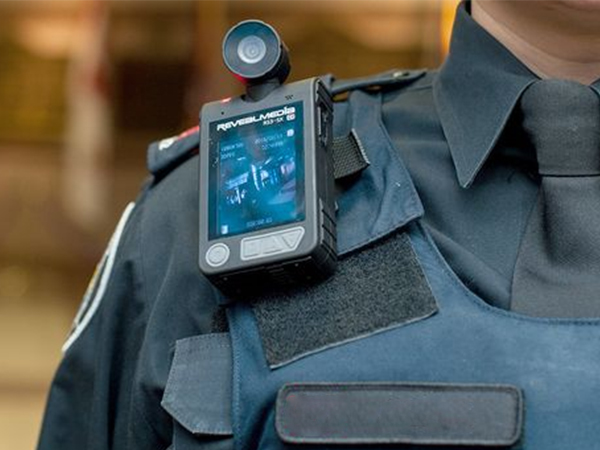




Touch panels have become an integral part of smart security systems, offering users an intuitive and convenient way to interact with various security devices. In smart security setups, touch panels serve as the central control interface, allowing homeowners, security guards, and facility managers to monitor and manage security cameras, access control systems, alarm systems, and more.
One of the primary advantages of touch panels in smart security systems is their user - friendly nature. With a simple touch - based interface, users can easily navigate through different security functions. For example, they can switch between camera feeds, arm or disarm the alarm system, and grant or revoke access permissions. This ease of use is particularly important during emergency situations when quick response is crucial.
Touch panels in smart security systems are often integrated with advanced software platforms. These platforms provide real - time monitoring capabilities, allowing users to view live video feeds from security cameras and receive instant alerts in case of any security breaches. Some touch panels even support two - way communication, enabling users to communicate with visitors or intruders through the security system.
In terms of hardware, touch panels for smart security systems are designed to be durable and resistant to various environmental factors. They are typically made of rugged materials that can withstand harsh weather conditions, vandalism, and physical impact. Additionally, many touch panels feature anti - glare and high - contrast displays, ensuring visibility even in bright sunlight or low - light environments.
security is a top priority in the design of touch panels for smart security systems. They are equipped with advanced encryption technologies to protect user data and prevent unauthorized access. Multi - factor authentication methods, such as fingerprint recognition, facial recognition, and PIN codes, are often integrated into these touch panels to enhance security.
As the smart security market continues to grow, touch panels are expected to play an even more significant role. They will likely be integrated with emerging technologies, such as artificial intelligence and machine learning, to provide more intelligent security solutions. For example, touch panels may be able to analyze video feeds in real - time and detect potential security threats automatically.
